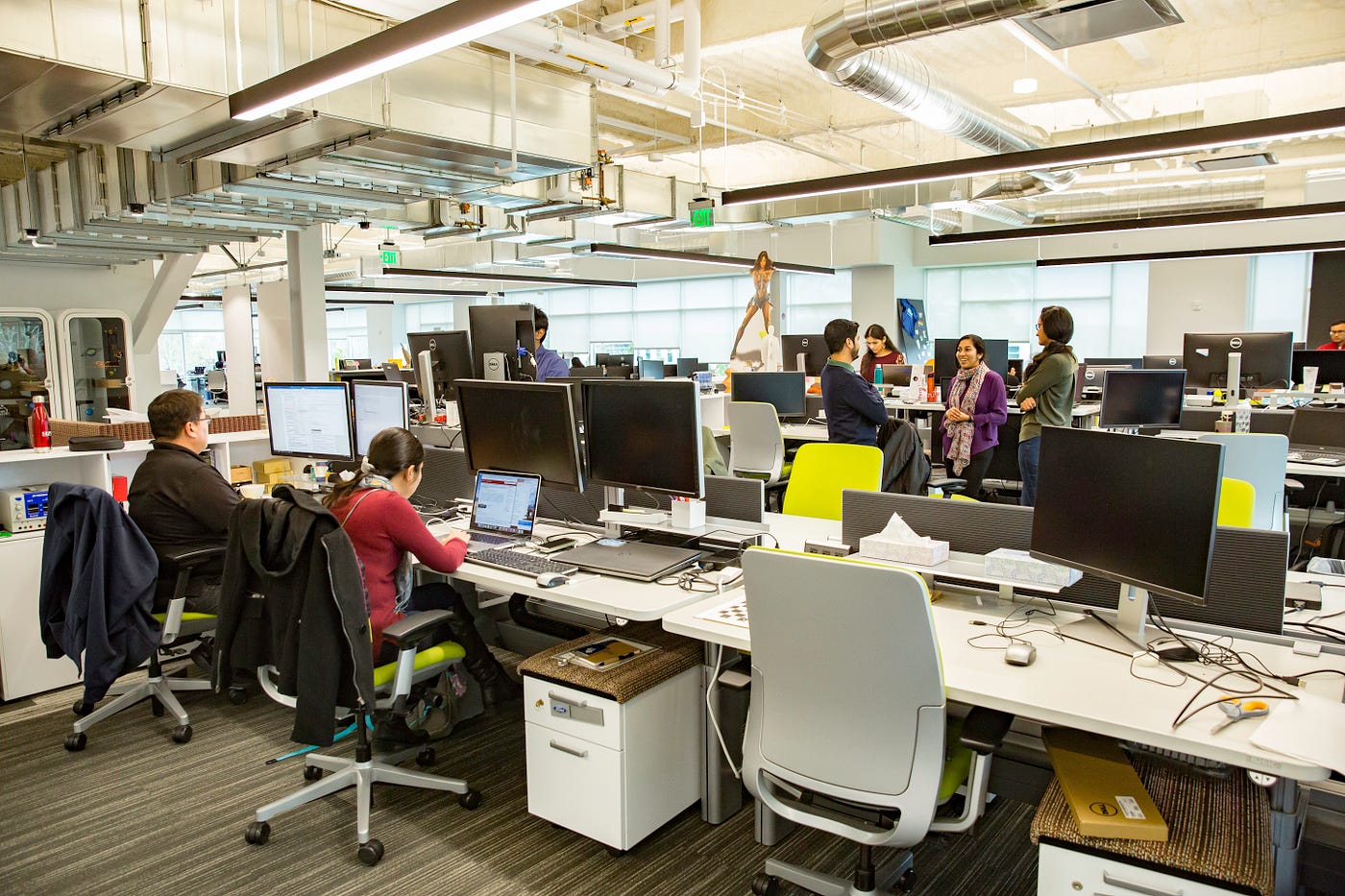
Ford Motor Company was one of the first tech startups 118 years ago to put the world on wheels. Today, we are seeking out like-minded innovators as Ford once again looks to transform the way people move through electrified, connected and autonomous vehicles.
This means we have to again compete like a challenger, including collaborating with future-focused innovators that are disrupting many parts of how we live, work and play. That is why we helped lead a new way of connecting Detroit with Silicon Valley with the creation of Ford Greenfield Labs in Palo Alto, Calif.. Established in 2016, our Greenfield Labs team already has engaged with 2,000 startups to understand their ideas and visions — and already has collaborated with dozens to bring their ideas closer to production while helping us disrupt the transportation and tech industries.
It sounds like an oversimplification, but a huge part of what we do is really just a matter of getting to know people. We have become obsessed with fostering frank and open conversations to determine if a company’s ideas could be a fit for our vehicles or services, and what kind of support they might need to keep moving forward.
It’s easy to think that startups are most interested in cash support, but many times that’s simply not the case. While Ford certainly makes its share of investments, oftentimes our most important contribution is our vast amount of expertise in engineering, manufacturing, advanced research and product development. This can take on multiple forms, including reaching out to our own experts for feedback on certain technologies, providing guidance on how a startup can incorporate its ideas into a supply chain, and even connecting them with existing suppliers to help make their next move.
This kind of collaboration takes time, dedication and a sincere desire to work together to make life better for millions. It also helps Ford, as a whole, understand exactly what it needs to do in order to create great customer experiences or improve its manufacturing processes. Establishing great relationships, in turn, exposes us to even more exciting work through the network effect we help create. We’re already starting to see some success, too — here are a few examples:
Symbio Robotics: A robotics company utilizing artificial intelligence and machine learning, Symbio has been working with Ford on a software platform that allows industrial robots to adapt to uncertain environments. Using AI, force feedback and computer vision, Symbio enables robots to perform complex assembly tasks and improve manufacturing efficiency. After developing proof of concepts with Symbio and successfully completing pilots with the Ford Advanced Manufacturing Center, this technology has been deployed in our Livonia Electric Powertrain Center.
Cruz Foam: You may not have heard of it, but chitin — found in the shells, scales, skin, and bones of crustaceans, insects, and even in mushrooms — is the second most abundant biopolymer on the planet. Cruz Foam takes that material and turns it into a sustainable structural foam that can be used for a variety of applications, including vehicle interiors, soundproofing, and packaging for shipping parts. And, since it’s fully compostable, it does not pose a negative impact on the environment like traditional plastics do. Ford is working with Cruz Foam on a proof of concept to explore how this material could be used in the auto industry.
Cepton: An intelligent 3D-sensing solutions provider, Cepton develops LiDAR sensors for automotive and smart infrastructure markets using a unique imaging approach called MMT that enables scanning of environments without any mirrors, or rotating or friction components, creating a low-cost, high-resolution perception device. Ford has been engaged with Cepton almost since their inception in 2016, both for R&D collaboration and small-scale deployments. Cepton LiDAR are deployed in some of our smart city projects. Based on Ford’s guidance, Cepton delivered a custom version of their LiDAR to enable R&D on advanced ADAS features.
